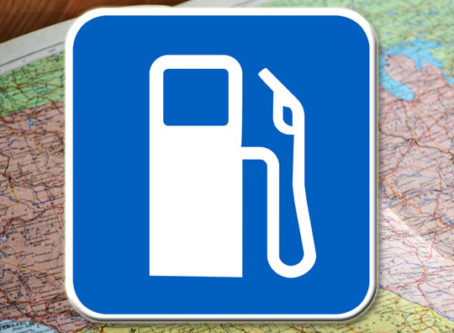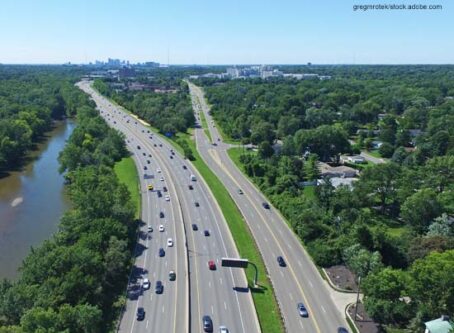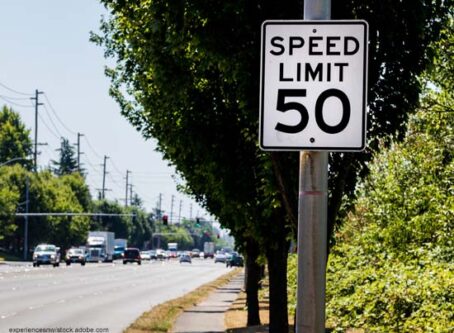Alabama proposes new truck-only toll bridge in Mobile
Alabama is thinking about tolling trucks only in a proposed Mobile River Truck Bridge announced last week.
On March 22, Mobile Mayor Sandy Stimpson announced during a news conference that local and state leaders have come up with a plan to solve the congestion problem on Interstate 10 in the area. The solution: creating a new bridge for trucks and tolling them to use it.
If approved, the Mobile River Truck Bridge project will include a new four-lane bridge over the Mobile River for large trucks only. All trucks more than 46 feet will be required to use the bridge. Trucks will be prohibited from using the Wallace Tunnel. Estimated to cost $725 million, truckers will pay for the bridge with a $10-15 toll.
“We believe that the conceptual plan that is being presented today is a good, solid plan and it will accomplish important and worthy goals without imposing any toll on passenger cars or small trucks,” Stimpson said during the news conference.
Officials believe that the Mobile River Truck Bridge will reduce average passenger car delays by 60-90 minutes during peak times. The project also includes restriping the existing Bayway Bridge and converting it from two to three lanes in each direction. Furthermore, the hazardous truck route will no longer pass through the Africatown area.
The project still needs to be approved by the Mobile and Eastern Shore metropolitan planning organizations. Initial feedback has been positive.
Once approved, construction of the Mobile River Truck Bridge can begin as soon as 2022-23 and completed in 2026.
U.S. Rep. Jerry Carl, R-Mobile, is backing the Mobile River Truck Bridge, despite tolling concerns during previous proposals.
“I was the one that was very skeptical on tolling,” Carl said during the news conference. “We’re at a point now that I can actually go back to those same people that talked to me about tolling that was worried about going and visiting with their family members and not being able to afford it. Now we have the option. They don’t have to worry about that. That’s exciting for me.”
The Owner-Operator Independent Drivers Association has maintained that tolls are not the answer to fund infrastructure projects. Currently, the Association has a lawsuit pending in a federal appeals court challenging a toll increase on trucks only in Indiana. Meanwhile in Rhode Island, the American Trucking Associations is battling the state in a federal court over its truck-only toll. The Alabama Trucking Association expressed its concerns about the Mobile River Truck Bridge.
“We will carefully review this new concept being presented,” Mark Colson, president of the Alabama Trucking Association, said in a statement. “At first glance, it certainly raises some important questions. As this process unfolds, it is our hope that all interested parties are willing to come to the table to offer reasonable solutions bearing in mind that throughout the pandemic, truckers have been working tirelessly to keep America moving. The sacrifices made by truckers kept the American economy rolling, and we are still working every day to drive the recovery.”
Several years ago, Alabama secured $125 million in federal funding for a project on the Mobile River Bridge.
A proposal in 2019 included a $2 billion project that would toll all motorists.
That plan was struck down, and Gov. Kay Ivey instructed officials to find a plan that will solve the congestion issue, secure the federal funding and leave existing routes toll free. The Mobile River Truck Bridge proposal is the latest attempt to secure that $125 million in federal money and move forward with the project without tolling passenger vehicles.
The project will not include a public-private partnership. Rather, it will be funded with $250 million in state transportation funds and the $125 million federal grant. The remaining costs will be paid for with toll revenue from the Mobile River Truck Bridge.
For more information about the project, go to MobileRiverTruckBridge.com. LL









